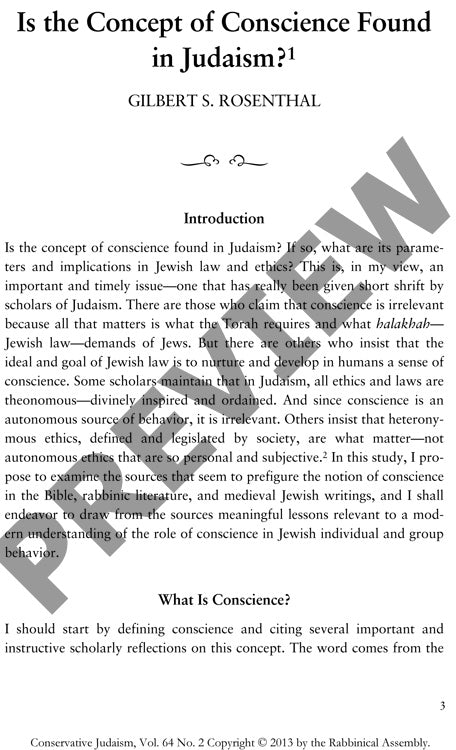Is the Concept of Conscience Found in Judaism
Couldn't load pickup availability
The concept of conscience, while lacking a direct Hebrew equivalent, permeates Jewish thought through interrelated notions of *yirat shamayim* (fear of Heaven) and *yirat elohim* (fear of God). Analysis of biblical, rabbinic, and medieval sources reveals conscience manifesting across Jewish literature in multiple forms, from Abraham's moral reasoning to Joseph's resistance to temptation and the Hebrew midwives' civil disobedience. Through textual analysis and comparative methodology, this research identifies conscience-like concepts in rabbinic literature via the phrase *davar ha-masur la-leiv* ("matters entrusted to the heart"), which appears in four key domains: interpersonal ethics, verbal honesty, treatment of workers, and respect for elders. Medieval Jewish philosophers, particularly Bahya ibn Pakuda, further developed conscience as inner devotion and moral intention. The findings demonstrate that conscience functions as an auxiliary concept in Judaism, emerging through the dynamic tension between *yeitzer tov* (good inclination) and *yeitzer ha-ra* (evil inclination), with the heart serving as the locus of moral decision-making. Rather than negating individual conscience, as some scholars argue, Judaism's ultimate goal is to internalize divine teachings within human conscience, making moral behavior autonomous and innate through the cultivation of *yirat shamayim*.

More Information
-
Physical Description
-
Publication Information
Published 2013
ISBN
-
Publication Credits

